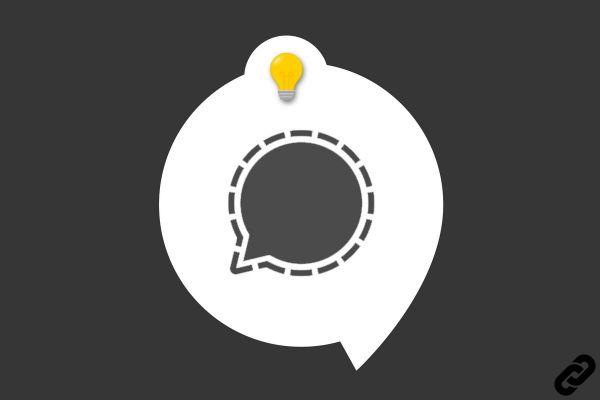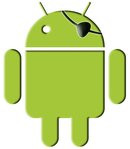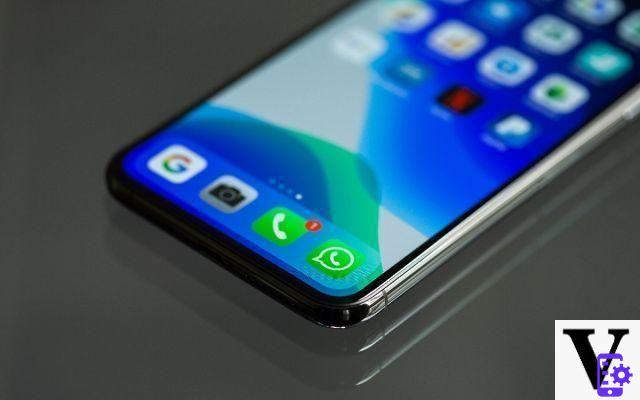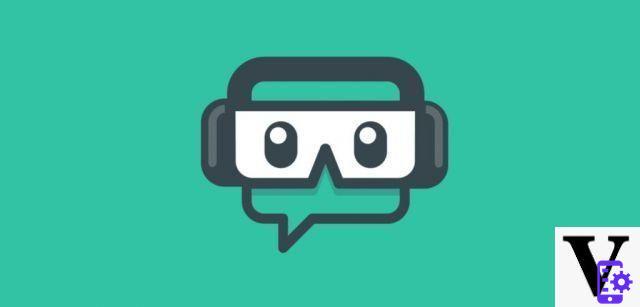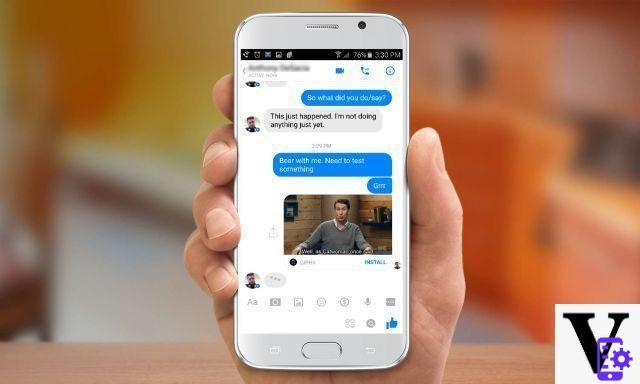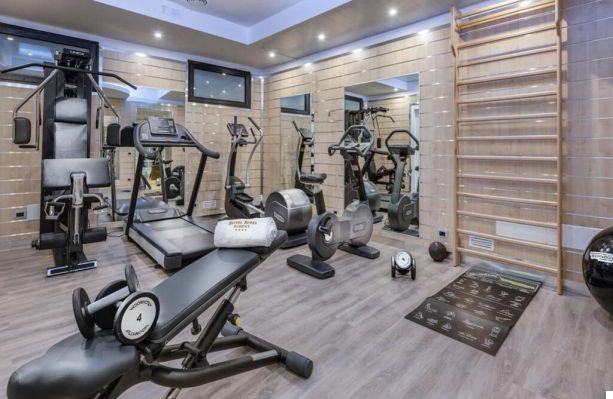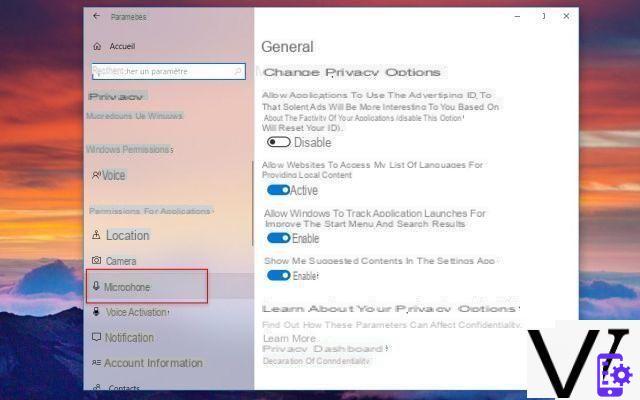Is it accurate or is it unreliable?
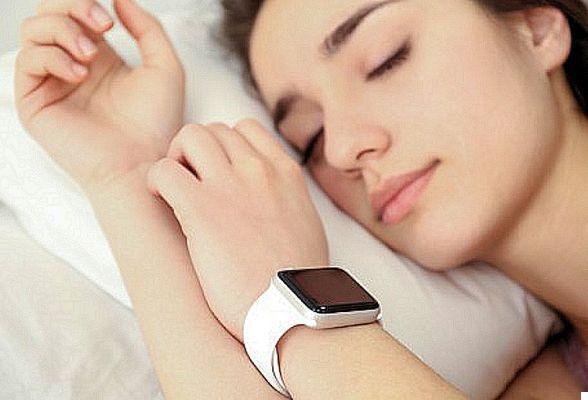





One of the most amazing things you discover when you start using one SmartWatch is how long you can actually sleep. If you're convinced that you can sleep for eight hours of yarn, your Fitbit or any other tracker might let you know there's a good reason why you always feel tired throughout the day.
Don't have a smartwatch yet? Here's where you can buy it at the best prices
The question is: how reliable are these devices? And how does an object placed around the wrist track sleep? To understand this, it is necessary to understand the work of those who study sleep scientifically.
InformaticsKings Mobile: 4G technology and up to 150 Mbit speed, discover the new offers in detail!
How sleep is measured
If you ever go to a sleep doctor and ask him if you sleep normally, the first thing he would do would be to use a technique called "polysomnography"(PSG), which is, in practice, a combination of several techniques.
For example, it could use:
- Electroencephalography (EEG) to detect brain activity
- Electrooculography (EOG) to detect eye movement
- Electromyography (EMG) to measure the activation of skeletal muscles
- Electrocardiography (ECG) to detect cardiac activity
The scientist would connect all the electrodes needed to monitor your bodily functions, then monitor you, after you fall asleep, in an outpatient clinic or hospital. Upon awakening, all collected data would be used to determine sleep quality and to diagnose any possible sleep conditions.
Obviously, a fitness tracker on the wrist cannot have the same effect as equipment that is attached to the body (such as electrodes).
So how do they work?
How fitness trackers track sleep
Smartwatches (and smartbands) use a much less complex technology called "actigraphy". Using accelerometers for motion detection, the fitness tracker can" tell "if you are asleep or awake. If you are completely still, the smartwatch assumes that you are asleep. If you are standing and moving, it assumes. that you are awake.
Actigraphy has been used by scientists for decades, so much so that in 1995 the American Academy of Sleep Medicine he recognized it as a "useful research tool". However, they admit that it is not as accurate and of clinical utility as polysomnography, as it is subject to a wide range of errors.
What does actigraphy consist of? It is a method that allows the three-axis accelerometer present in the smartwatch / smartband to record all movements, small and large, made by the individual. If there is also a gyroscope, the related data are also entered. Sleep parameters are set by experts, then special algorithms are programmed to make the recorded movements make sense.
The technique is used to evaluate sleep disorders in circadian rhythms, depression and dementia. It can provide valuable data on sleep performed in a natural environment, compared to that conducted in specialized laboratories.
How accurate are fitness trackers in detecting sleep?
Until a few years ago, it was pretty average. A 2011 study found that, for example, i Fitbit they overestimated sleep by an average of 67 minutes. For this reason, Fitbit even faced a court case five years later. Since then, the company has completely revised and corrected the sleep detection feature.
It helped. In 2017, another study, this time on Fitbit Charge HR, found that it was accurate enough to be used as an actigraph in medical research.
Other recent studies on sleep tracking performed by other smartwatches have further demonstrated its effectiveness. For example, a 2015 study found that the Jawbone UP usually overestimated sleep time, but came close enough to polysomnography.
However, while modern fitness trackers are more accurate when it comes to sleep detection than in the past, the distance to polysomnography is still a long way off. This is especially true when we are dealing with "light" and "deep" sleep.
"Light" and "deep" sleep
Sleep scientists distinguish five different stages of sleep: steps 1-4 e REM (Rapid Eye Movement).
In 1 phase it is easy to be awakened. In 2 phase, eye movements stop and brain activity slows down. In 3 phase, the brain begins to produce delta waves. In 4 phase, the brain almost exclusively produces delta waves. In REM phase the rate of breathing increases, the eyes move rapidly, and the muscles are temporarily paralyzed. During sleep, healthy people go through all five stages, from first to REM, and so on.
I sleep tracking devices they try to simplify this data by classifying sleep cycles as "light sleep" and "deep sleep". But, since accurate detection of sleep stages also requires evaluating ocular and brain activity, the scientists argue that the data is likely not accurate.
So, are these sleep tracking devices accurate or not?
Sleep is a more complicated activity than it would seem to a superficial analysis, and for an accurate analysis there are still many tools available to doctors. For most of those who just want to get a rough idea of how much they sleep each night, modern fitness trackers do a good job of assessing whether or not they are getting enough sleep. A complete analysis still requires, however, we repeat, the intervention of specialized laboratories.









